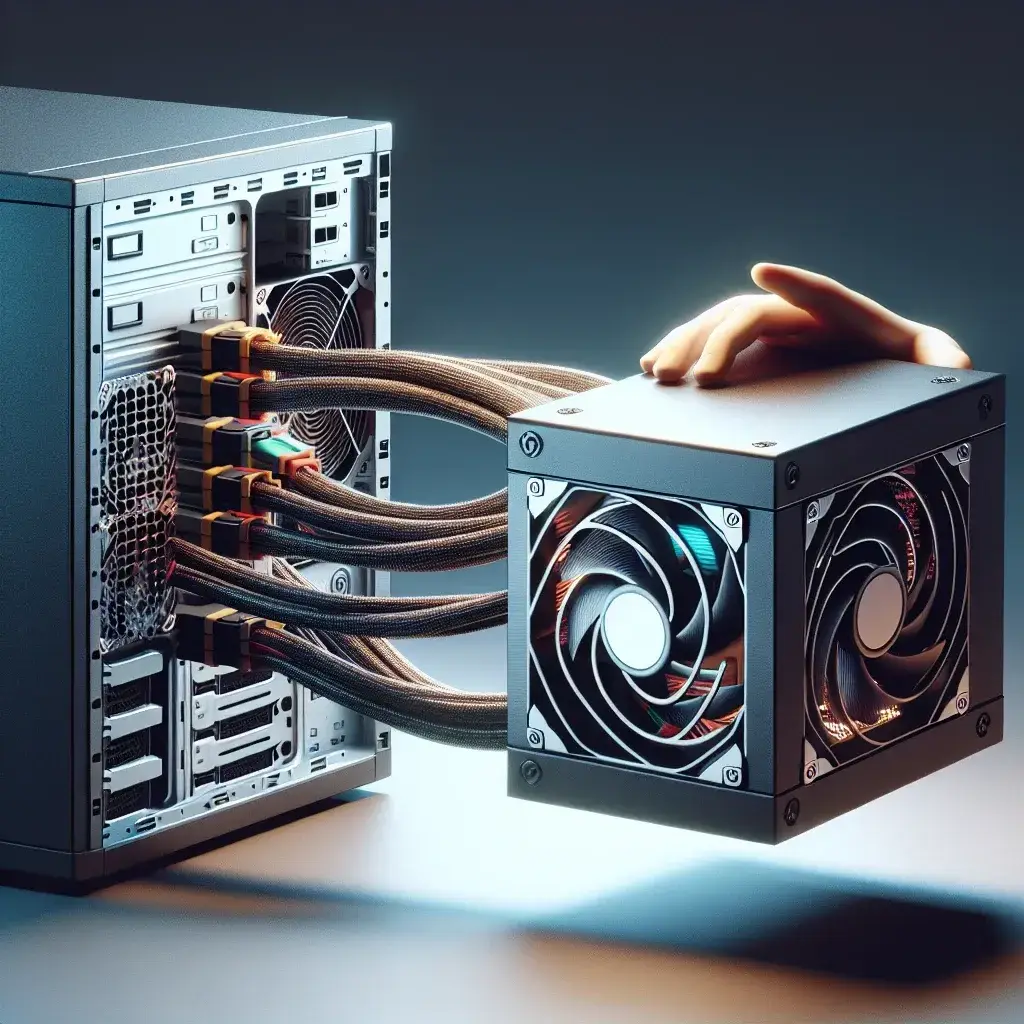In the world of PC building and upgrades, power supply units (PSUs) are a crucial component that often gets overlooked. A common question among both seasoned builders and newcomers is whether a gaming PC power supply can be used in a regular desktop computer. This article aims to unpack this topic, providing you with the necessary information to make an informed decision when it comes to power supplies.
| Feature | Gaming PC Power Supply | Regular Desktop Power Supply |
|---|---|---|
| Wattage | Typically higher, supports more powerful components | Generally lower, suits basic computing needs |
| Efficiency Ratings | Often higher (80 Plus certified) | May vary, generally lower efficiency |
| Modularity | Often modular or semi-modular for easy cable management | Usually non-modular |
| Form Factor | Standard ATX, some may be larger | Standard ATX or smaller |
Understanding Power Supply Compatibility
To determine if a gaming PC power supply can be used in a regular desktop, we need to understand a few key aspects.
Form Factor
The typical form factors for power supplies are ATX, SFX, and TFX. Most gaming power supplies and regular desktop power supplies fall under the ATX standard, making them interchangeable in many cases. However, it is essential to measure your desktop case to ensure that a gaming PSU will fit, particularly if it’s of a different form factor.
Power Requirements
The wattage rating of a power supply is critical when considering its compatibility. Gaming PCs often require higher wattages than standard desktops due to their powerful components. Below is a guideline on typical wattage needs:
- Basic Office Tasks: 300W – 400W
- Mid-range Gaming Builds: 500W – 600W
- High-end Gaming and Workstation PCs: 700W and above
Advantages of Using a Gaming Power Supply
Utilizing a gaming PSU in a regular desktop can offer several benefits:
Enhanced Power Efficiency
Gaming PSUs often come with higher efficiency ratings (like 80 Plus Bronze, Silver, Gold, or Platinum), allowing for reduced energy usage and heat generation, which can be advantageous even in regular desktop usage.
Future-proofing
If you plan to upgrade your desktop in the future, having a higher wattage gaming PSU may prevent the need for a replacement when adding components like a better graphics card or more storage drives.
Modularity
Many gaming power supplies are modular, meaning you can connect only the cables you need. This not only simplifies cable management but also improves airflow within the case, which can be a great benefit even for non-gaming desktops.
Considerations Before Utilizing a Gaming PSU
While there are clear advantages, there are also some considerations to take into account before using a gaming power supply in a regular desktop:
Overkill for Simple Tasks
If your needs are basic, using a high-wattage gaming PSU may be overkill and could lead to wasted electricity.
Physical Size
Ensure that your desktop case has enough space for the gaming PSU. Larger models can be cumbersome in smaller cases.
Cost
Gaming PSUs can be more expensive than regular desktop power supplies. Consider whether the additional benefits justify the price.
Installation Process
Installing a gaming power supply in a regular desktop is relatively straightforward. Here’s a step-by-step guide:
Step 1: Power Off and Disconnect
Shut down your computer completely and unplug it from the wall.
Step 2: Open the Case
Remove the side panel of your desktop case to access the internal components.
Step 3: Remove the Old PSU
Disconnect all cables connecting the existing PSU to the motherboard and components. Unscrew the old PSU and take it out of the case.
Step 4: Install the Gaming PSU
Position the new gaming PSU in the mounting area and secure it with screws. Connect the necessary cables to the motherboard, CPU, and peripherals.
Step 5: Close the Case and Power On
Replace the side panel, plug in the power cord, and power on the system to check for functionality.
Conclusion
In summary, a gaming PC power supply can generally be used in a regular desktop. However, careful consideration of wattage, form factor, and your specific needs is essential to ensure compatibility and efficiency. Whether you choose to upgrade your power supply for enhanced performance or efficiency depends on your current goals and future plans for your desktop system.
Arming yourself with knowledge on power supply compatibility can help you make informed decisions to build or upgrade a computer tailored to your requirements.

